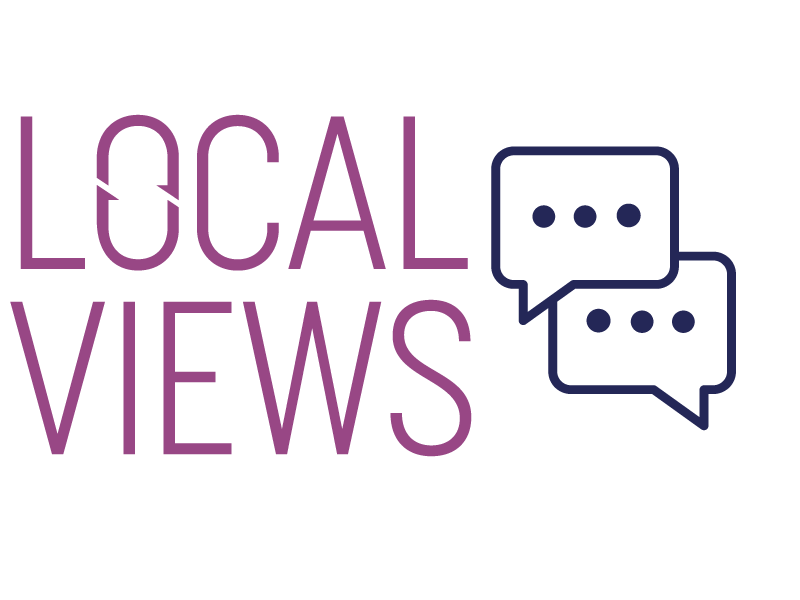The Charter Review Commission’s recent report recommended several changes to controls over how the County Council approves spending and revenues. Among these was a recommendation to reduce the number of councilmember votes required to approve a property rate increase–from unanimous to just eight of the 11 votes. Without a public hearing, the council is expected to vote on this recommendation on July 9 and seem likely to agree with the lower bar of eight votes and place it on the November ballot as a referendum.
Be wary. In 2020, the council placed its own referendum (Question A) on the ballot that was deceptively labeled as “Limit Tax Rate Increases,” while a competing grass-roots citizen petition (Question B) to prevent property tax revenue increases from exceeding the CPI (Consumer Price Index) rate was placed second on the ballot, and pejoratively labeled “Prohibit Override.” Inevitably Question A passed.
The Montgomery County Taxpayers League is a nonprofit, nonpartisan organization comprised of county residents and focused on good government by the county to achieve efficient and effective operations and tax equity. We believe a unanimous vote to increase property taxes is an essential control over county spending. We do not stand alone. County voters have repeatedly voted–in 2008, 2018 and in 2020–to require a unanimous vote to increase property tax rates and they should not be ignored.
Here are six reasons why you should ask councilmembers to retain the unanimous vote requirement for tax rate increases before the council votes on a proposed referendum:
- The county has excess reserves: Last year the council approved a 4.7% tax rate increase with just seven votes and that, combined with huge appraisal increases, clobbered homeowners and renters with what amounted to the maximum tax increase permitted under state law of 10%. The tax rate increase was unnecessary because it produced a revenue gusher this year, and next year’s was forecast to yield excess reserves of 15.4%. A unanimous vote would have prevented this.
- The one-person veto is a myth: The upcounty would be most impacted by weakening the unanimous requirement because the three upcounty council members could get drowned out by a super majority of the eight down-county members. We agree with the minority opinion in the commission’s report (pg. 22) that a unanimous vote makes each council member accountable, increases their impact, and the voice of underrepresented parts of the county. A unanimous vote would give undecided members the opportunity to join that member and be heard, rather than be trampled by the majority.
- Housing costs are skyrocketing as assessments increase: Property taxes are a significant driver of housing cost increases. Homeowners’ Credits do not adjust property taxes for inflation to protect low-income residents. Higher housing costs and scarcity underpin racial segregation in schools and make it harder for seniors to retire in place. Assessments are controlled by the state, but a unanimous vote would increase the council control over tax increases.
- Structural deficit fail-safe: Of the three decision points in the charter that control spending and revenues, tax rate increases are the last control and should have the strongest vote hurdle. As happened last year, less-than-unanimous spending control overrides could result in higher recurring costs and structural deficits in future years without a unanimous vote for tax rate increases. Last year’s tax rate increase was approved with only seven council votes and was supposed to be for an education emergency that justified overriding the charter’s unanimous vote requirement. But most of the spending was for recurring county costs. MCPS got only 37% of the additional money raised — approximately $100 million, according to our analysis. County employees got above-market pay raises (estimated cost: $38 million) advocated by powerful county unions, but not supported by a comparative salary survey last done 13 years ago; and county supplemental appropriations approved during the year ($25 million so far) were not justified in the budget process, for a total of $63 million for the county, not MCPS.
- Accountability and transparency: Increased public confidence in county governance is reinforced with a unanimous vote. Confidence stems from a better county and MCPS budget process that justifies spending with numbers, not words, for outcomes. The public should be able to see how spending links to objective returns on investment to conclude its money is being spent wisely. Moody’s bond underwriters just placed a “negative outlook” on the state because of likely structural deficits from growing costs for education reforms under the Blueprint for Maryland’s Future. This puts increased pressure on local county funding sources.
- MCPS spending trade-offs: A unanimous vote for tax increases will assure these tradeoffs are fully and publicly debated, consistent with the “fair and predictable” governance process argued in the commission report. A growing bureaucracy that doesn’t dramatically improve literacy and math proficiency is not sustainable. The state’s Maintenance of Effort law prevents any council debate over what’s in the base of the MCPS budget, where most of the achievement gap strategy money is buried along with overhead costs (we estimate 45% for non-instruction), according to our analysis. Spending that doesn’t improve literacy and math proficiency takes money away from our kids, and squeezes funding for other county programs that could better improve the lives of lower-income residents, such as affordable housing, public health and safety.
Silver Spring resident Gordie Brenne is treasurer of the Montgomery County Taxpayers League.



